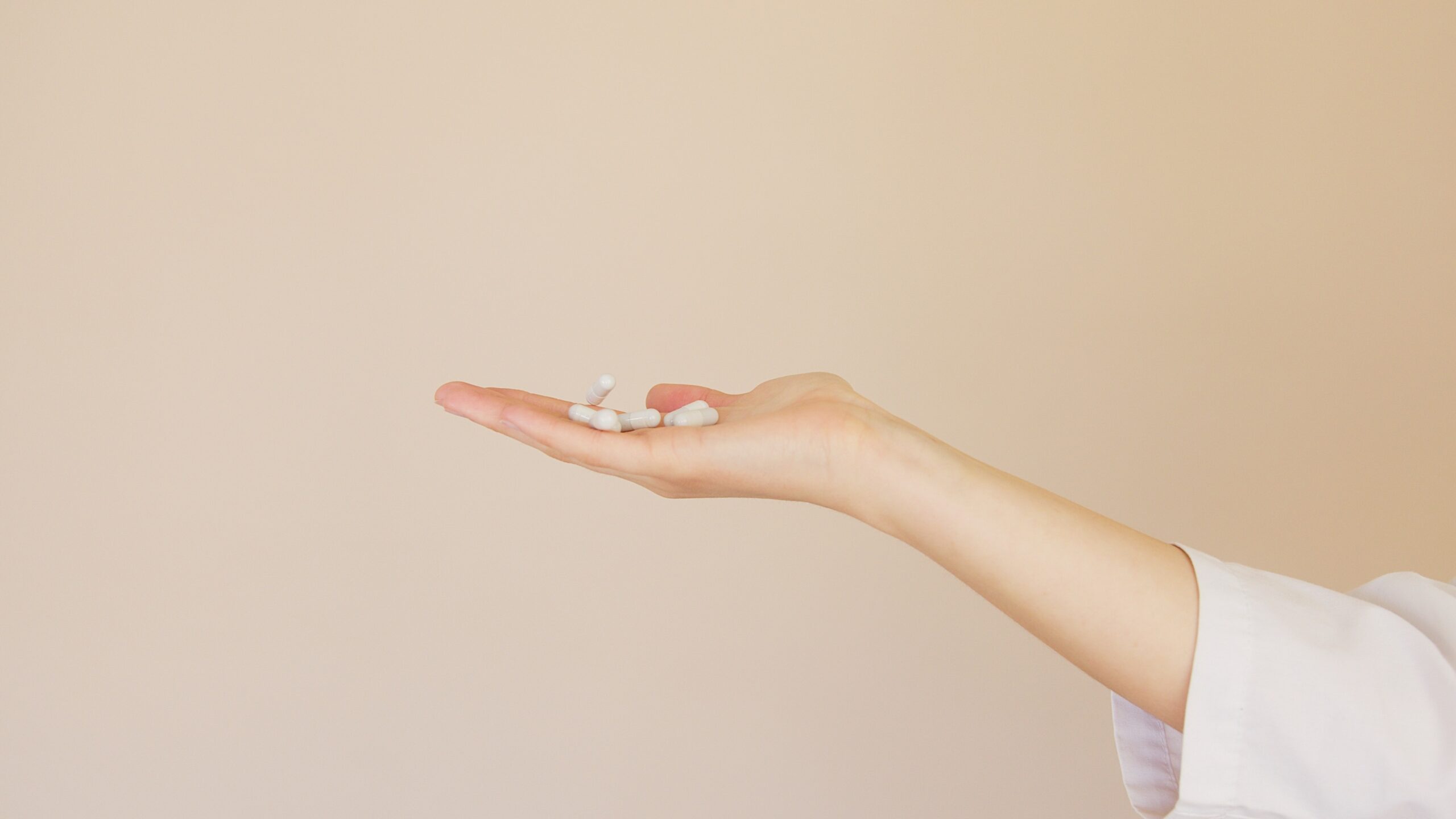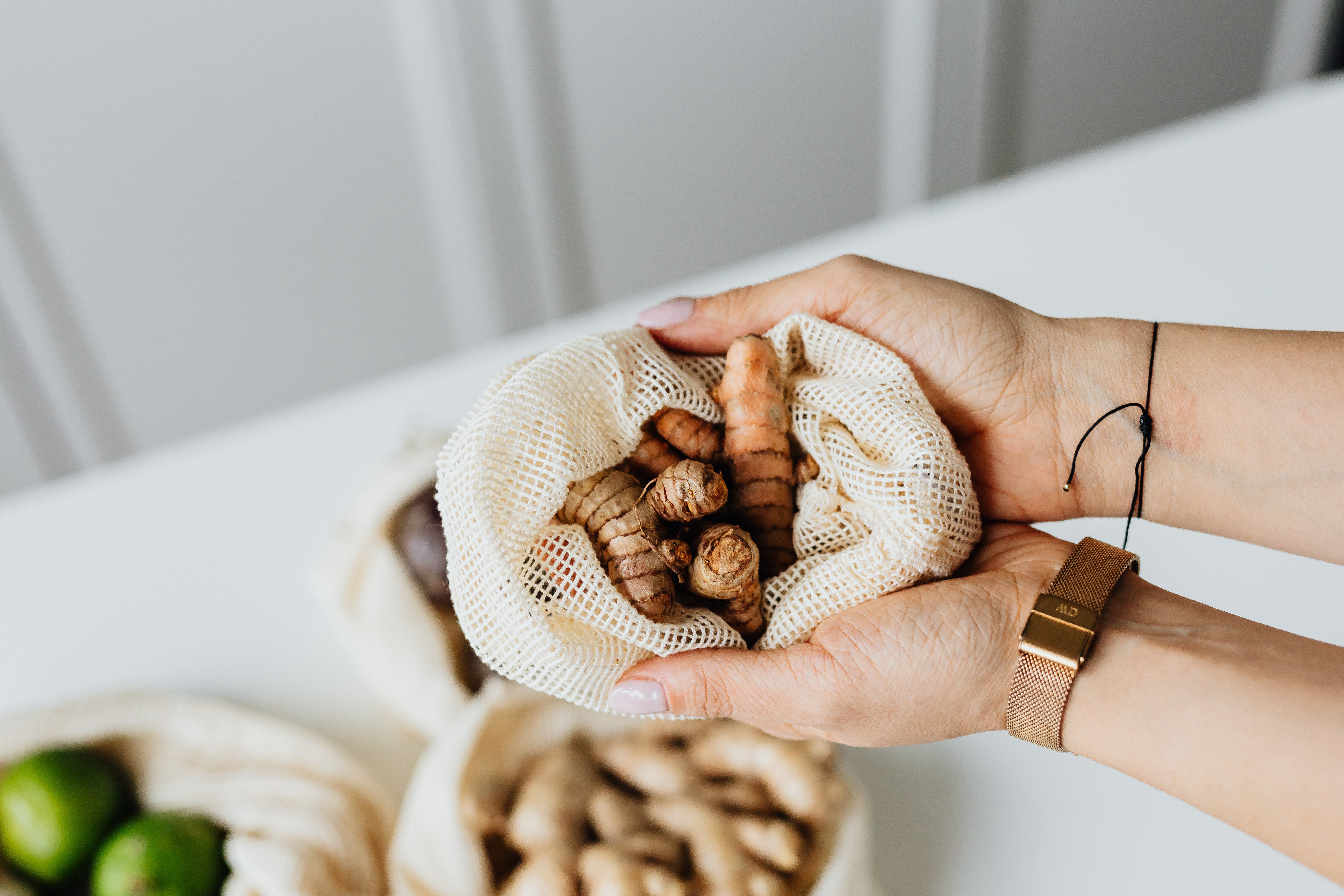Probiotics are live microorganisms (or “good bacteria”) that aid your digestive processes and help your digestive organs function optimally. We often think of bacteria in a negative light—but you need these bacteria in order to properly break down the foods you eat. We have literally thousands of types of bacteria living in and on our bodies- on the skin, in our gut, in our respiratory and genital tracts and the balance of these microbes is essential for keeping us healthy. Humans carry between 1.5-4kgs of bacteria! That’s a huge portion of our weight.
It is the gut that carries the majority of our bacteria and where some of the most important functions lie. These bacteria are essential for digestive health. They help us to break down our food and extract nutrients. They have a vital role in our immune regulation, as 80% of the immune system is found in the intestines and the bacteria that lives there communicates with our immune cells to tell our immune system how to work. Our healthy bacteria helps to keep us from getting sick by reducing bad bacterial numbers.
The most common healthy bacteria found in our gut are lactobacillus acidophilus and bifidobacterium bifidum. Lactobacillus acidophilus is mostly found in the small intestine and helps strengthen immunity against bad bacteria, such as E coli and salmonella. The latter lives in the large intestine, fights bad bacteria and increases absorption of nutrients such as iron and calcium. There are literally thousands of other types of bacteria that live inside our digestive system, but these are seen as being the most important and are available to us in our food supply.
Did you know that a healthy microbial level is essential to reduce anxiety and depression? Our gut is also known as the ‘second brain’, it sends messengers back and forth from brain to the gut which makes them extricably linked. What you ingest and how healthy your digestive system is can be directly related to neurological disorders such as autism spectrum disorder, anxiety and depression.
Taking probiotics and topping up your microbial levels is essential after a course of antibiotics. If you need to take antibiotics to treat a bacterial infection, the last thing you want to do is add more side effects into the mix. Yet many people suffer from an upset stomach when taking antibiotics. Diarrhoea is a common concern. So are abdominal cramping and gas. Probiotics come in several varieties, the most commonly studied for antibiotic-associated diarrhea are Lactobacillus rhamnosus-based and Saccharomyces boulardii-based probiotics. These probiotics come in capsules, tablets and powders and are readily available in health food stores and chemists so make sure you are taking a probiotic if you need antibiotics.
You can find probiotics in supplements and some fermented foods, like yoghurt, sauerkraut, kimchi, kombucha and kefir. Probiotics have been on the forefront of digestive health for a while, but in recent years, there has been increasingly more evidence to support the theory that these “good bugs” may do more for us than solely aiding digestion. Studies suggest that probiotics may also help promote weight management, immune support, oral health, and even cholesterol management. So many reasons to incorporate probiotics or probiotic rich foods into your diet regularly!
Thanks for reading!
Hayley Stockbridge




0 Comments